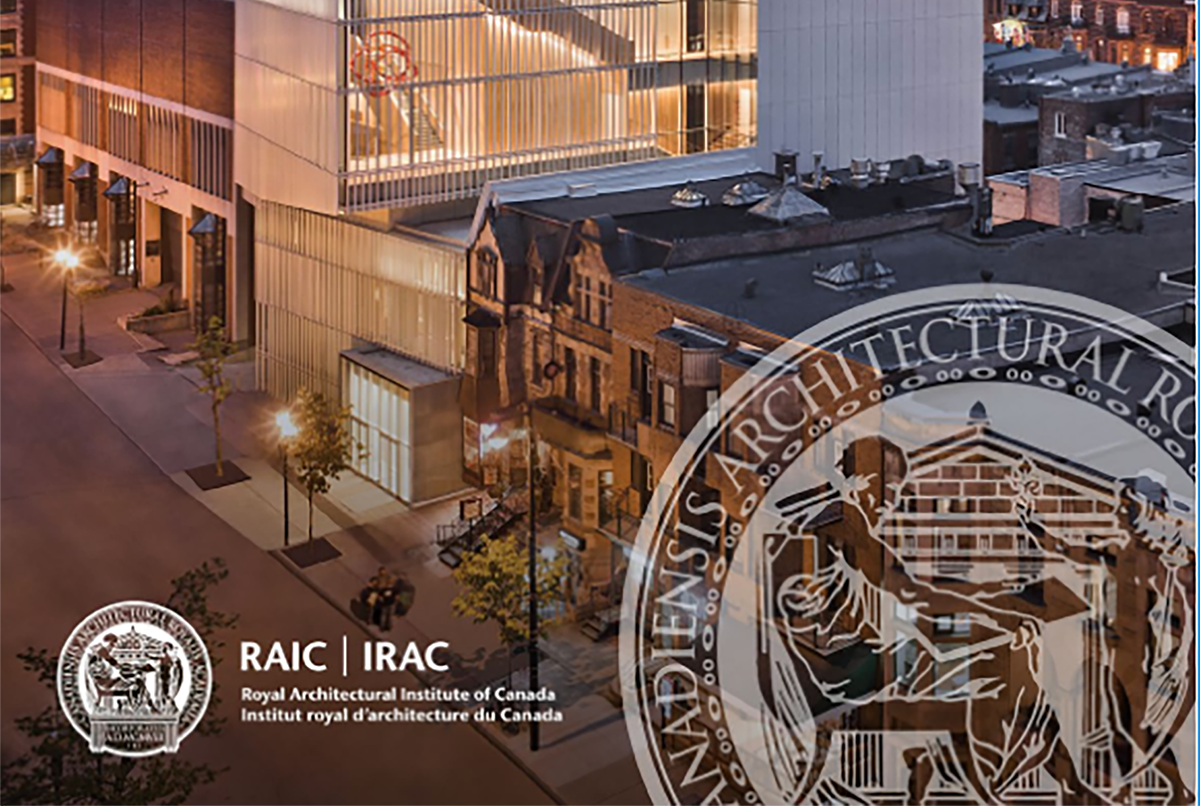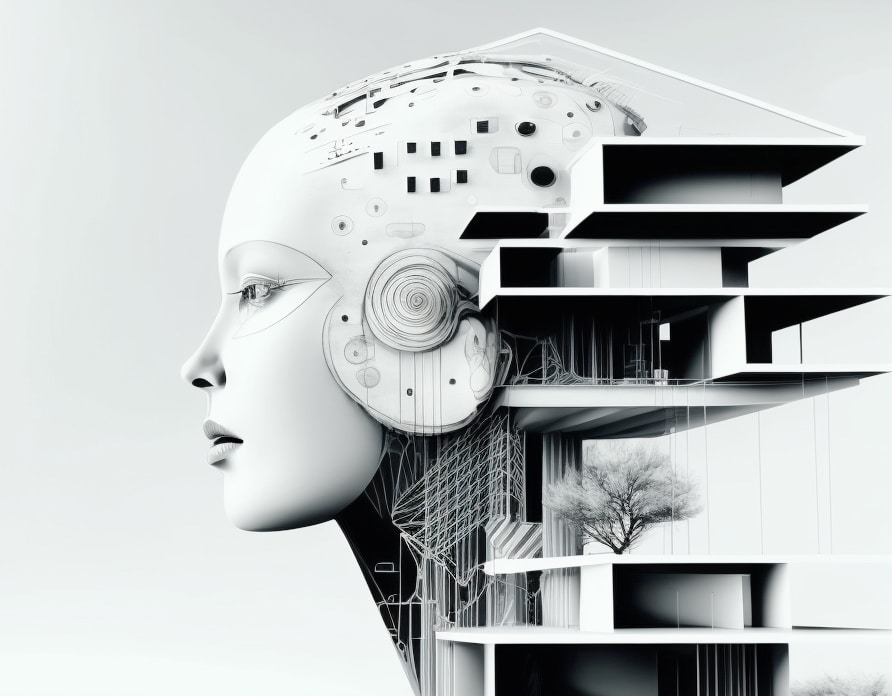
Planning to Hire an Architect?
A summary guide to understanding architectural fees and services from the Royal Architectural Institute of Canada.

Artificial intelligence (AI) has already transformed various industries, from healthcare and finance to transportation and entertainment. However, one field that has yet to fully explore the potential of AI is architecture. As AI technology continues to advance, it is set to have a significant impact on the future of architecture.
AI has the potential to streamline the design and construction process, making it more efficient and cost-effective. One way that AI can do this is by using algorithms to analyze large amounts of data, such as site conditions, building codes, and material properties. This data can then be used to create optimized designs that take into account various factors, such as energy efficiency, structural integrity, and aesthetic appeal.
AI can also assist architects in creating buildings that are more environmentally sustainable. By using machine learning algorithms, AI can predict energy usage and consumption patterns, which can be used to optimize building systems and reduce energy waste. This can lead to lower operating costs for building owners, as well as a reduction in greenhouse gas emissions.
Another area where AI can have a significant impact on architecture is in the realm of building automation. By integrating AI into building systems, it is possible to create smart buildings that can adapt to changing conditions and optimize energy usage. For example, AI can be used to control lighting and heating systems based on occupancy and usage patterns, which can lead to significant energy savings.
AI can also be used to create more personalized and customized building designs. By analyzing data about user preferences and behaviors, AI can create designs that are tailored to the needs and desires of specific groups of people. This could include everything from the layout of a building to the materials used in its construction.
Finally, AI can also be used to enhance the user experience of buildings. By using sensors and other monitoring technologies, AI can track user behavior and preferences, and adjust building systems accordingly. For example, AI could be used to adjust lighting levels and temperature settings based on individual preferences, or to provide personalized wayfinding instructions to users navigating a complex building.
In conclusion, the future of architecture is set to be significantly influenced by AI. From streamlining the design and construction process to creating more sustainable and personalized building designs, AI has the potential to transform the way that buildings are designed, built, and used. While there are still many challenges that need to be overcome, the potential benefits of AI in architecture are too great to ignore, and we can expect to see more and more architects incorporating AI into their work in the years to come.

A summary guide to understanding architectural fees and services from the Royal Architectural Institute of Canada.

Lorem ipsum dolor sit amet, consectetur adipiscing elit. Integer quis sapien ac massa dapibus lacinia. Nunc et cursus quam. Cras pharetra condimentum leo,